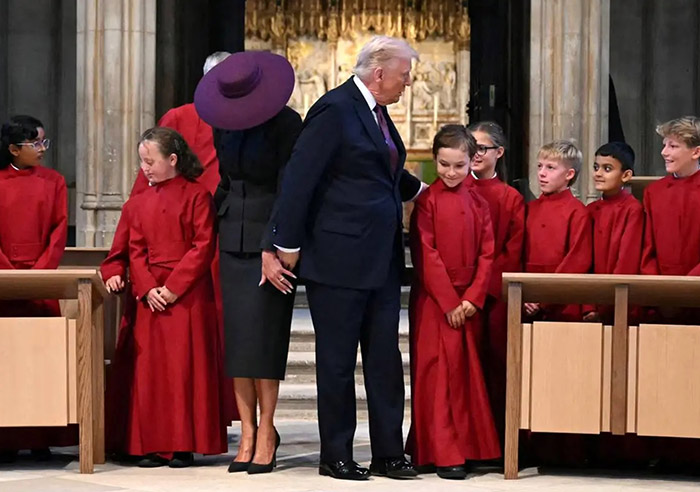Both Trump and Starmer carefully avoided commenting on each other’s domestic policies during their public appearances. This restraint is customary in diplomatic exchanges but especially important given their ideological differences.
Trump faces ongoing controversies at home, including debates over immigration, free speech, and judicial independence. Starmer leads a government focused on rebuilding public services, managing economic challenges, and redefining Britain’s role after years of Conservative leadership. To comment on each other’s domestic affairs would risk unnecessary friction.
Instead, both leaders framed their partnership in terms of shared history, common values, and mutual interests. This emphasis on continuity over conflict is a hallmark of the U.S.–U.K. relationship, which has endured despite political changes on both sides of the Atlantic.
Economic Cooperation and Trade Aspirations
A major subtext of Trump’s visit was the pursuit of closer economic ties. Britain, still grappling with the economic consequences of Brexit, is eager to secure new trade opportunities. Starmer has sought to demonstrate that Labour can deliver pragmatic agreements that benefit British industries, from financial services to green energy.

